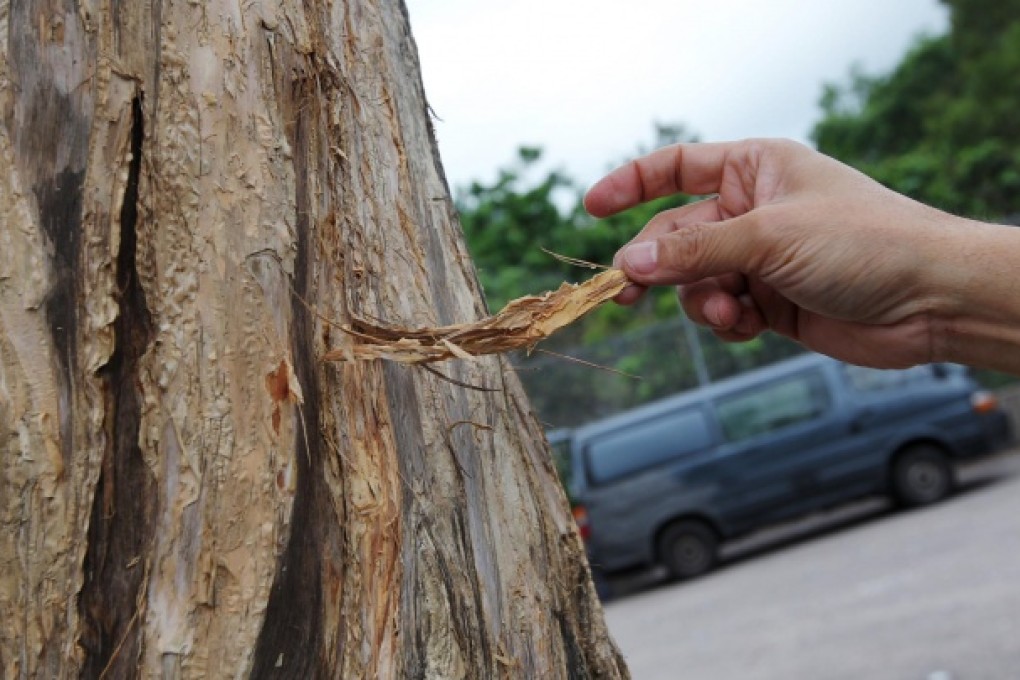Letters to the Editor, May 6, 2013
Your detailed coverage of the plight of Hong Kong's urban and rural trees highlights the need for urgent action if we are to save at least some of our natural heritage.

Your detailed coverage of the plight of Hong Kong's urban and rural trees highlights the need for urgent action if we are to save at least some of our natural heritage ("Killer fungus threatens swathes of city's forests", April 26).
Phellinus noxius (brown root rot) disease has already been identified in 11 districts of Hong Kong, including two country parks.
Presumably it is only a matter of time before the disease is found throughout the SAR.
This infection is rampant in a number of countries, including the United States and Australia. Scientists are working on a tree vaccination and the possible development of a fungus that can kill Phellinus noxius.
However, Hong Kong cannot wait. We need to put some simple measures in place now. A network of countryside wardens could help to spot possible problems and initiate appropriate care in a timely fashion.
What is to be done with green waste left when sick trees fall or have to be cut down?